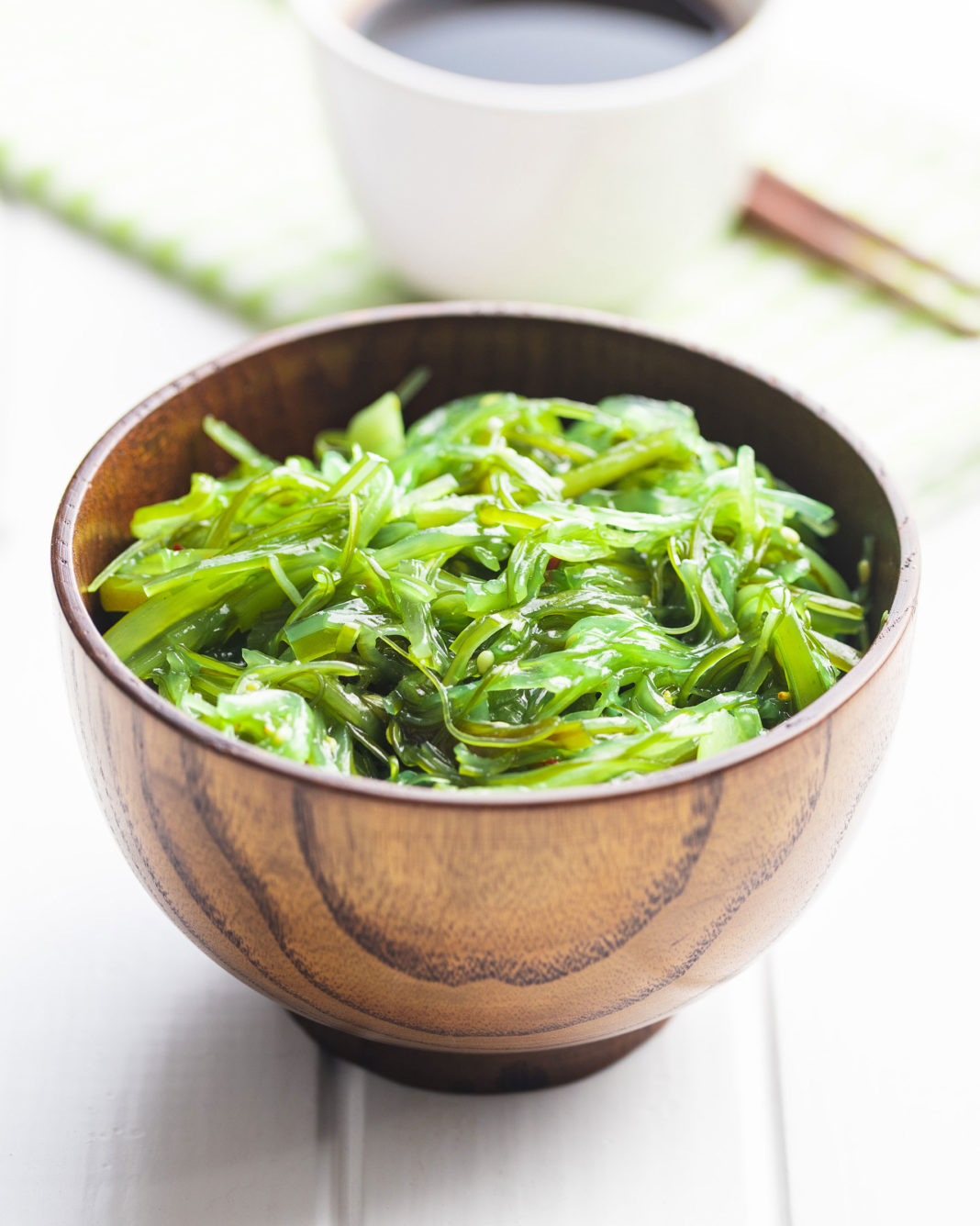Not only is seaweed a great source of nutrients, but it’s also a source of enormous scientific interest. What’s more, the Canary Islands’ ideal climate conditions and location point to seaweed becoming a potential source of income that would bring huge social and economic benefits, should industrial-scale production go ahead.
Spain’s Algae Bank (BEA) is located in Taliarte (Telde, Gran Canaria). It is managed by the Marine Science Park attached to Gran Canaria’s University of Las Palmas (ULPGC) and holds a collection of algae endemic to Macaronesia and more than 1,800 strains of microalgae, 80% of which are from the Canary Islands.
Seaweed has long formed part of traditional cuisine in the east, especially in Japan, China and Korea, yet in Europe, chefs are just beginning to experiment with its textures and flavours. This growing interest means that there’s huge potential to be had from a seaweed production industry in the Canaries. Furthermore, more and more chefs in the Canaries and throughout Spain are incorporating seaweed into their dishes.
Seaweed provides a cultivable, ecological and sustainable accompaniment to meat and fish, but out of the thousands of species that exist, only fifty or sixty varieties are suitable for human consumption.
Algae production would also fulfil a growing demand for microalgae in the dietary supplements market, so adding to the industry’s potential. Take spirulina, for example, which is considered a superfood because of its high protein, vitamin, mineral and fibre content.



